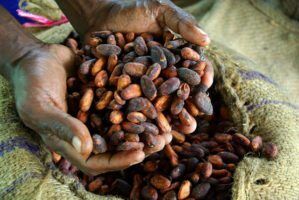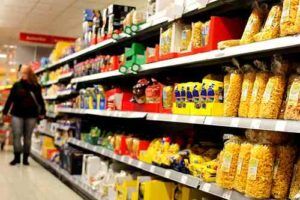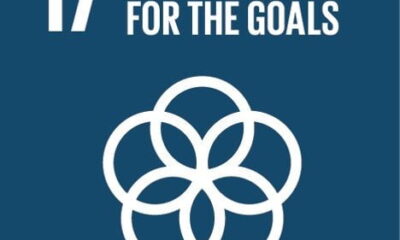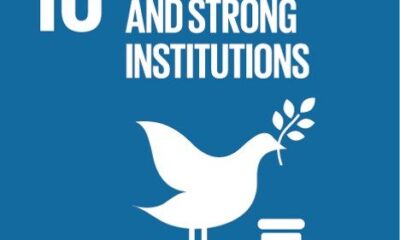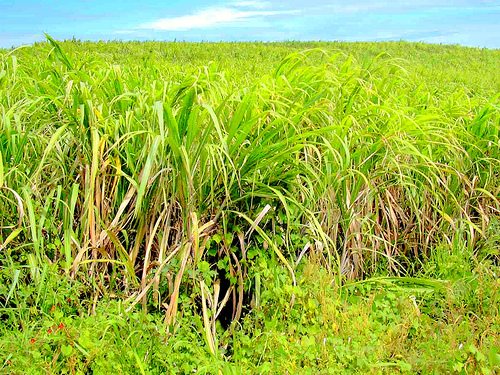

Economy
Fairtrade calls on David Cameron to stop trade deals undermining global poverty goals
World leaders from UN member states, including David Cameron, will formally adopt the UN’s Sustainable Development Goals (SDGs) which aim to end global poverty and reduce inequality at a special UN summit from 25-27 September in New York – yet at the same time a reform of the EU sugar market, supported by the UK government, is risking the livelihoods of hundreds of thousands of sugar cane farmers in developing countries.
The UK government’s support of damaging changes to trade rules on sugar is an example of government policy incoherence: where trade decisions in one part of government undermine efforts to end global poverty and inequality, and promote sustainable livelihoods in poorer countries, the Fairtrade Foundation warns.
Michael Gidney, Chief Executive of the Fairtrade Foundation said: “Trade is a powerful way to lift poor countries out of poverty. The UK government must make sure its rhetoric on sustainable development is backed by its trade policy. We need the poor to come first and the SDGs are a unique opportunity to initiate fairer, more sustainable trade. Otherwise, it’s a case of giving aid with one hand and taking away through trade rules with the other.”
According to research commissioned by the Department for International Development (DFID), removing limits on EU beet sugar production from 2017 is likely to push 200,000 people in African, Caribbean and Pacific (ACP) countries into poverty by 2020. Farmers in these countries have been supplying sugar for British consumers for generations, and they have few other options. To make matters worse, there has been a slump in the global sugar price, so the impact is being felt much sooner than anyone anticipated.
New independent research commissioned by the Fairtrade Foundation reveals that EU reform means Mozambique and Swaziland alone stand to lose out by over US$40 million from October 2017, reducing the revenue earned from sugar exports by around 5-7%. Post reform, these producers will face greater price volatility as they become more exposed to the world market and this will affect the income earned by growers. Over 39% of Swaziland’s sugar was exported to Europe in 2014 and the price per tonne of sugar has already fallen from £141 to £129.
Mr Dumisani Matsenjwa, Farmer and Secretary of Maphobeni Farmers Association says: “The EU encouraged us to grow sugar, now they have changed their minds and left us behind. I’ll have to start farming something else. Sugar cane was once called Swazi gold. But as time goes on and prices reduce, we don’t feel like we are holding gold.”
Sugar has been one of the success stories of the Fairtrade movement, which has changed the lives of more than 62,000 small-scale sugar cane farmers in developing countries, helping them to increase their productivity, improve their businesses, and invest in a wide range of community projects, such as educational grants, health clinics, and access to safe drinking water. Now sadly the future of Mr Matsenjwa and other Fairtrade sugar cane farmers are at risk.
The Fairtrade Foundation’s Show Your Hand campaign is mobilizing Fairtrade supporters up and down the country to raise the issue with the Prime Minister and demand he acts now to make trade fair. From 17 September members of the public can sign an online petition to government at http://www.fairtrade.org.uk/en/get-involved/current-campaigns/show-your-hand .
The Fairtrade Foundation’s Five-point Agenda for improving policy coherence sets out how trade can genuinely support the ambition of the SDGs.


 Environment12 months ago
Environment12 months agoAre Polymer Banknotes: an Eco-Friendly Trend or a Groundswell?

 Features11 months ago
Features11 months agoEco-Friendly Cryptocurrencies: Sustainable Investment Choices

 Energy11 months ago
Energy11 months agoThe Growing Role of Solar Panels in Ireland’s Energy Future

 Energy12 months ago
Energy12 months agoHow Renewable Energy Can Help Combat Climate Change, According to Indra Energy


